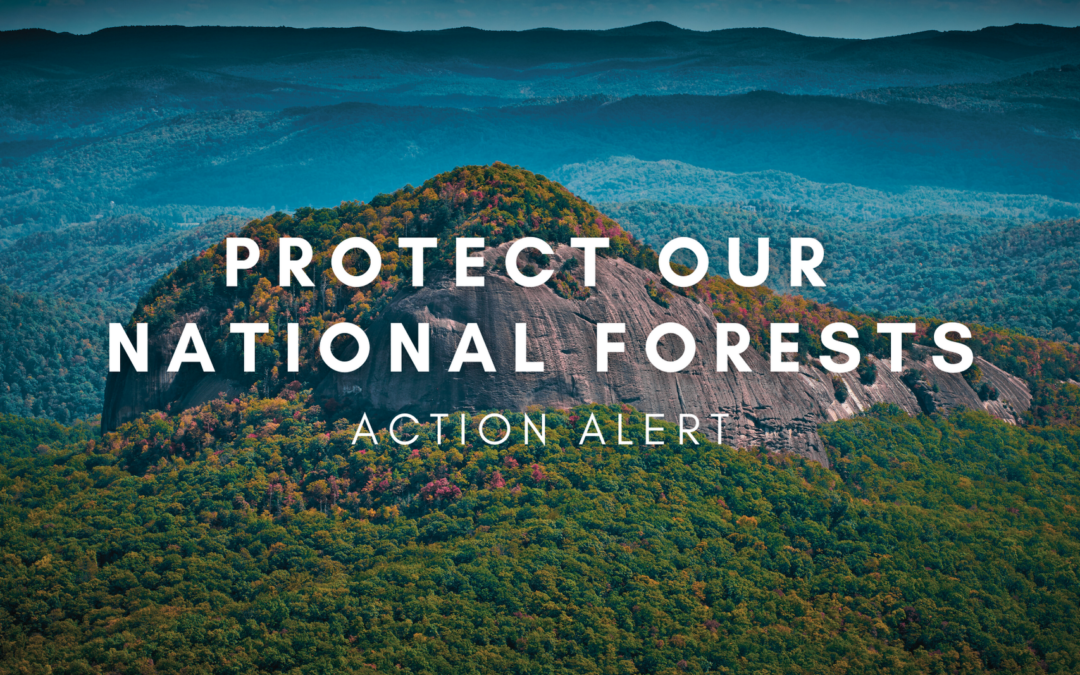
Tell Madison County to Oppose Dangerous Industrial Biomass Facilities
Tell Madison County to Oppose Dangerous Industrial Biomass Facilities
The Madison County Planning Board is expected to vote on whether to recommend changes to the county’s land-use code that would allow dangerous, industrial biomass facilities in Madison County. The proposed amendments to the county’s land-use ordinance open the door to industrial-sized biomass facilities that would emit more climate-changing carbon into the atmosphere, cause significant air pollution, and pose serious fire risks to nearby residents.
Take Action: Email the Planning Board and County Commissioners and let them know you want a clean and safe Madison County.
BACKGROUND:
In response to public feedback, the board has significantly revised the definition of what constitutes a large biomass facility, requires they obtain a special permit, and restricts their operations to industrial-zoned areas of the county. Here are the latest revisions to the definition of a “large biomass facility”:
“A facility that converts biomass sources into value-added products energy for public or private use. Biomass includes but is not limited to wood and wood processing waste, wood pellets, agricultural crops and waste materials, biogenic materials in municipal solid waste, animal manure, and human sewage.”
Large Biomass Facility:
- Annual Biomass Throughput: A large biomass facility processes over 5,000 metric tons of biomass per year.
- Energy Production: A large biomass facility generates over 10,000 MWh or more energy annually.
- Number of Employees: A large biomass facility has over 50 employees
- Capital Investment Threshold: A large biomass facility requires an investment of over $5 million.
This broad definition raises three key concerns:
- Inconsistencies in Regulation: The definition of “large biomass facility” appears to include activities already separately defined and regulated within the ordinance, such as sawmills and certain manufacturing facilities. This inconsistency in regulation creates confusion for residents, business owners, and the County in determining which set of rules applies to specific activities.
- Potential for Unintended Consequences: An overly broad definition could inadvertently allow certain activities, such as a sawmill evolving into a wood pellet production facility, to escape more stringent permitting requirements. This could occur because nonconforming land uses (i.e., land uses that pre-date an ordinance amendment that makes them newly “nonconforming”) are typically allowed to continue as long as they do not change their primary use or expand significantly. Therefore, a clearer definition is needed to prevent such loopholes.
- Unfair Scope: The proposal’s distinction between “large” and “small” biomass facilities does not serve the public or the ordinance’s purposes. It would both allow industrial-scale facilities in residential areas while punishing truly “small” biomass land uses—especially under the currently overbroad definition of “biomass”—by requiring regular folks to go through an expensive and time-consuming set of rezoning and permitting processes. The ordinance should focus on making sure industrial biomass facilities are properly located without sweeping up landowners looking to make occasional, harmless use of collected waste materials. Failing to make this distinction may lead to unnecessary hostility towards environmental advocacy and regulation.
A More Refined Definition
To address these concerns and create a more precise and effective regulatory framework, we propose a more tailored definition of “large biomass facility.” Our suggested definition would:
- Apply only to facilities that produce biomass products for specific off-site uses, such as electricity generation, heating, or transportation fuel.
- Tailor the amendment so that if the facility combusts biomass on site, the definition applies only if any electricity generated is transmitted for off-site use.
- Include wood pellet biomass facilities explicitly within the definition to ensure they are adequately regulated.
- Maintain the broad definition of “biomass” while narrowing the scope of facilities that fall under this definition.
Additional Considerations
In addition to refining the definition of “large biomass facility” to help distinguish between different types of biomass-related activities, we support:
- Requiring special use permits for biomass facilities,
- Correcting what may have been a mistake in section 8.11.12 (“Noise”) that regulates facilities that generate noise pollution “up to 70 decibels.” We believe the county meant “more than 70 decibels.








